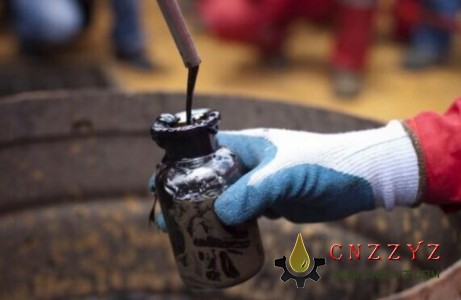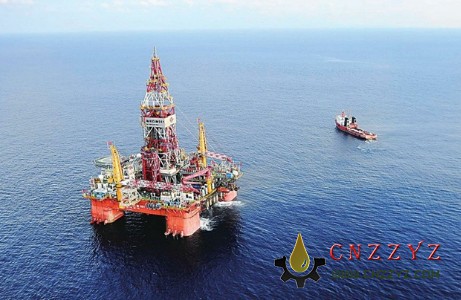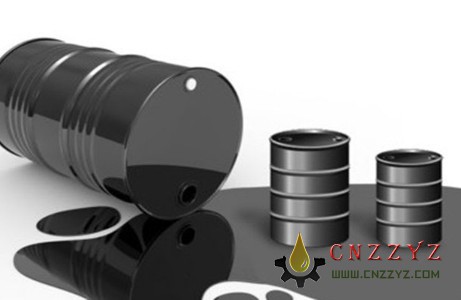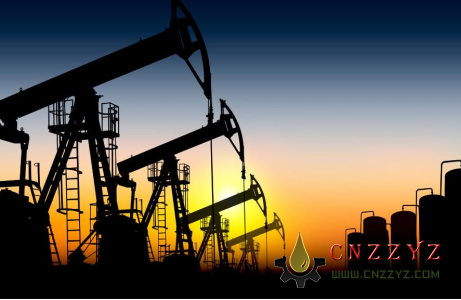石油设备网讯 据普氏能源资讯5月15日伦敦报道,国际能源署在周三发布的月度石油市场报告中表示,包括中东紧张局势在内的全球石油供应不确定性正在“得到控制。
IEA表示,据估计,今年4月全球石油总供应量下降了30万桶/天,至9930万桶/天。
Fujairah港附近的航运遭到袭击,沙特的输油管道泵站也遭到袭击。不过,IEA表示:“看到供应不确定性带来的挑战得到控制,IEA感到放心,我们希望主要参与者将继续努力,确保市场稳定。”
国际能源署表示:“5月份的产量已经处于2013年9月以来的最低水平,可能会跌至上世纪80年代伊拉克战争以来的最低水平。”
然而,“在国际能源署看来,其他产油国已经发出了明确的、非常受欢迎的信号。” 该公司表示,包括沙特在内的闲置产能可供利用。上月,沙特的日产量比其与其他欧佩克成员国和俄罗斯达成的协议规定的产量低50万桶。
欧佩克称,4月整体日产量增加6万桶,至3,021万桶。相比之下,欧佩克本周发布的月度报告估计,该组织4月份的日产量为3030万桶,与3月份相比几乎没有变化。
国际能源署还指出,俄罗斯继续履行与欧佩克一道减产的承诺,4月份将日产量降至1,156万桶。
但该机构表示,由于乌拉尔原油供应最近受到污染,尤其是对中欧和东欧的污染,俄罗斯可能会面临困难。
报告称:“一个后果可能是人们对原油流动质量失去信心,因此在可行的情况下寻找替代供应,可能加剧重/中含硫原油的价格压力。”
薛珂 摘译自 普氏能源资讯
原文如下:
IEA says global oil supply uncertainties 'being managed'
Global oil supply uncertainties including Middle East tensions are "being managed," the International Energy Agency said in its monthly oil market report Wednesday.
The IEA said "solid gains" ,However, total global oil supply had fallen by 300,000 b/d in April to 99.3 million b/d, it estimated.
It noted the recent drop attacks on shipping near the port of Fujairah and on Saudi pipeline pumping stations. However, "the IEA is reassured to see that the challenges posed by the supply uncertainties are being managed and we hope that major players will continue to work to ensure market stability," it said.
"Already at the lowest level since September 2013, production in May could tumble to levels not seen since the 1980s war with Iraq," it said.
However, "there have been clear and, in the IEA's view, very welcome signals from other producers that they will step in to replace gradually," it said, noting the availability of spare capacity, including in Saudi Arabia, which last month produced 500,000 b/d less than its allocation under its agreement with other OPEC members and Russia.
OPEC as a whole increased its production in April by 60,000 b/d to 30.21 million b/d, it said. By contrast, OPEC's own monthly report this week estimated the group's output in April at 30.03 million b/d, little changed from March.
The IEA also noted Russia had continued to improve its compliance with the commitment it made to cut production alongside OPEC, reducing its production in April to 11.56 million b/d.
But it said Russia could face difficulties following the recent contamination of Urals crude supplies, particularly to Central and Eastern Europe.
"One consequence could be a loss of confidence in the quality of the crude flows and thus a search, where feasible, for alternative supplies that could intensify price pressures for heavy/medium sour crude oil," the report said.






